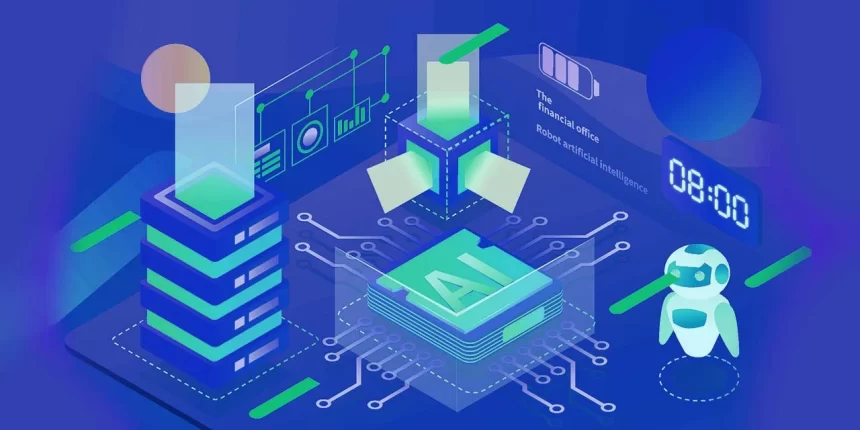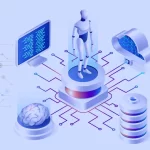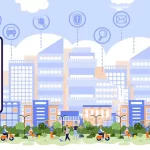Artificial intelligence is stretching its wings over all markets, making automation a real thing. Artificial intelligence, machine learning, deep learning, and other technologies have proved beneficial for all sectors.
COVID-19 has made AI’s commitment to healthcare more apparent. AI has entered our homes, making them smart homes. Is intervention on the rise? Is humanity being taken over by AI? With fiction and film, fear of artificial intelligence has a lot to do. Many Sci-Fi movies like Terminator show AI and robots as the human race is mercilessly hijacked by villains.
The reality remains that these are all fiction, stories that have arisen from the minds of humans. The artificial intelligence that we are now using is not able to act like a human being.
What is Artificial General Intelligence (AGI) and Narrow AI?
It will be necessary for Artificial General Intelligence (AGI) to perform tasks like humans. To understand the world, it will think and reason like us. Many movies, such as Startrek, have made way for this theoretical concept. This machine is regarded as a threat to human lives because it holds reasoning skills like humans and possesses artificial intelligence and computational abilities. They could outdo human beings and end the need for human labor. AGI will pave the way towards superintelligence achievement.
Since the AGI remains a concept, there is no need to think about them. It could take several hundred years to become a reality.
Narrow artificial intelligence allows a single task to be carried out by machines. The latest AI-driven technologies use narrow AI. To acquire information, they use machine learning and datasets and do the limited tasks assigned to them. Such machines do not have human intelligence and should therefore not be feared. Narrow artificial intelligence is used for voice assistants and autonomous self-driving cars. They work at a faster speed than human brains, however, and provide more precise insights.
Widespread Fears Related to AI
The current AI has also been under the radar of human fear, apart from the fear of evil robots stealing our space. Let us take a look at a few of the reasons.
- AI has faced the challenge of taking up jobs since it came into being. The fear of losing employment is a reality. AI has taken up several roles previously done by individuals. This encourages people to concentrate on more logical activities and to reduce the overload of boring and mundane work. As a whole, AI does not terminate employment. This eliminates certain unproductive job types and tasks.
- There is another fear of biased choices. AI operates on datasets and algorithms that human beings create. These datasets could carry the biases of their organization or creator. AI analyzes them to provide observations and forecasts. This can be corrected with proper algorithmic data management and corrections in the event of inaccurate details.
- The fear of AI getting into the wrong hands is also common. Technological advances have been misused in human history. AI is unable to explain whether an answer has arrived. It can neither rationally reason nor think. When human intelligence is archived, humans may use it to cause a negative impact. For a long time, AI’s Black Box has been in discussions. It tackles another fear-fear of the unknown.
How far are fears shifting from fiction to reality?
In the foreseeable future, progress towards AGI and terminators is not possible. It will take time for such sophisticated technology to arrive.There is a need to comprehend the human brain entirely to incorporate human intelligence into machines. It is a very intricate approach. Therefore, the remedies are far away.
Existing AI is not a warning to humanity for the time being. It might take over specific jobs, but it could also provide a new set of jobs. With improved human governance, dealing with these systems seems easier and more achievable.










